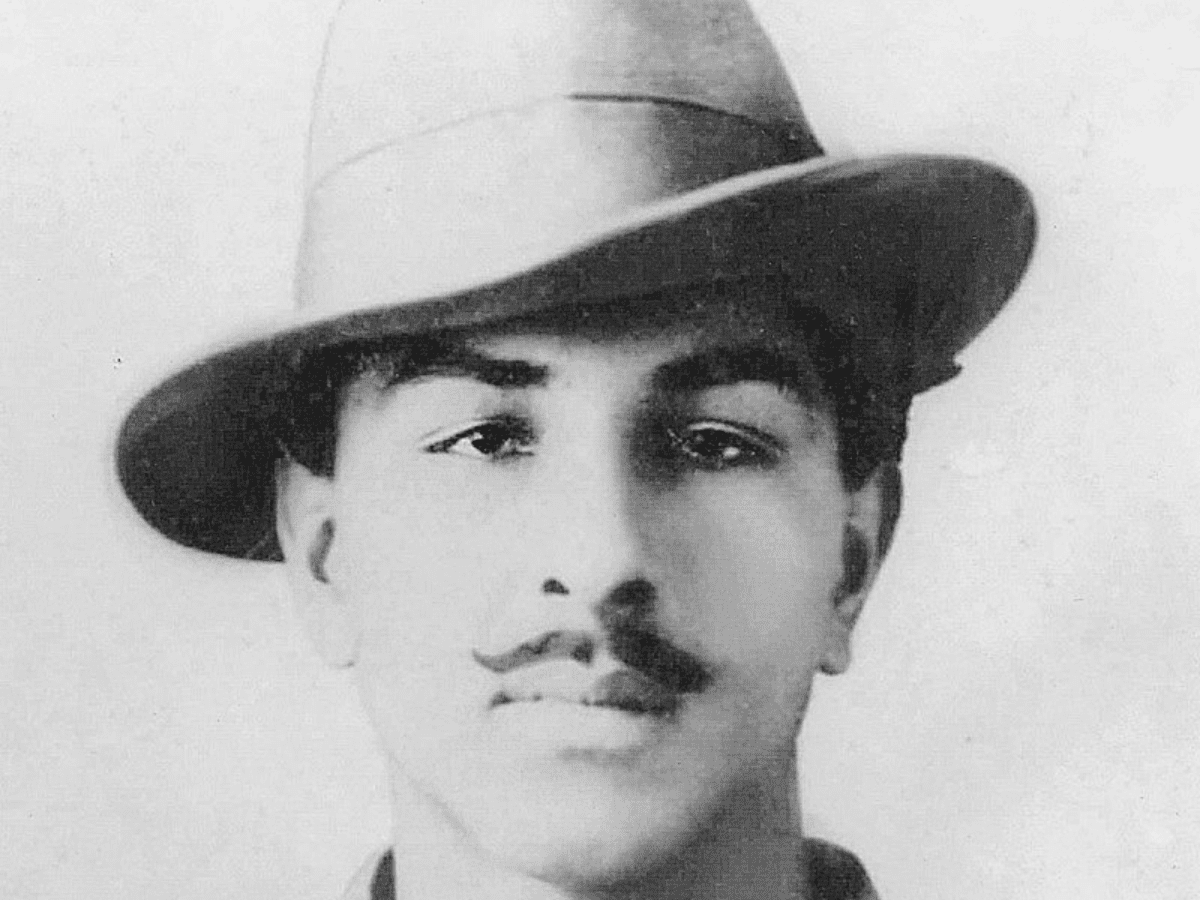
Lahore: A Pakistani court on Saturday raised an objection on a plea to reopen the case of Independence war hero Bhagat Singh’s sentencing in 1931 and to set it aside by exercising the principles of review and honour him with posthumous state awards.
Singh was hanged by the British rulers on March 23, 1931, along with his comrades Rajguru and Sukhdev after being tried under charges of hatching a conspiracy against the British regime.
Singh was initially jailed for life but was later sentenced to death in another “fabricated case”.
On Saturday, the Lahore High Court (LHC) raised an objection to reopening the decade-old case and constitution of a larger bench to listen to the petition that pleads to set aside the sentence of Singh by exercising principles of review and order the government to honour him with posthumous state awards.
“The Lahore High Court on Saturday raised an objection to reopen the Bhagat Singh case and constitution of a larger bench for its early hearing. The court objected that the petition is not maintainable for the constitution of a larger bench,” Advocate Imtiaz Rashid Qureshi, chairman of the Bhagat Singh Memorial Foundation and one of the petitioners, told PTI.
Qureshi said that the petition of a panel of senior lawyers of which he is part has been pending in the LHC for a decade.
“Justice Shujaat Ali Khan in 2013 had referred the matter to the chief justice for the constitution of a larger bench, since then it has been pending,” he said.
The petition says that Bhagat Singh fought for the independence of the sub-continent.
The petition further says that Singh is respected in the subcontinent not only by the Sikhs, and Hindus but also Muslims. Founder of Pakistan Quaid-e-Azam Muhammad Ali Jinnah twice had paid him tribute during his speech in the Central Assembly.
“It is a matter of national importance and should be fixed before a full bench,” Qureshi pleaded.
He said Singh’s name was not mentioned in the First Information Report of the murder of British police officer John P. Saunders for which he was sentenced to death.
About a decade ago, the Lahore police had searched through the records of the Anarkali police station on the court’s order and managed to find the FIR of the murder of Saunders.
Written in Urdu, the FIR was registered with the Anarkali police station on December 17, 1928, at 4.30 pm against two ‘unknown gunmen’.
The case was registered under sections 302, 120 and 109 of the Indian Penal Code.
Qureshi said that the special judges of the tribunal handling Bhagat Singh’s case sentenced him to death without hearing 450 witnesses in the case.
Singh’s lawyers were not given the opportunity to cross-question them, he said.
“We will establish Bhagat Singh’s innocence in the Saunders case,” he said.



